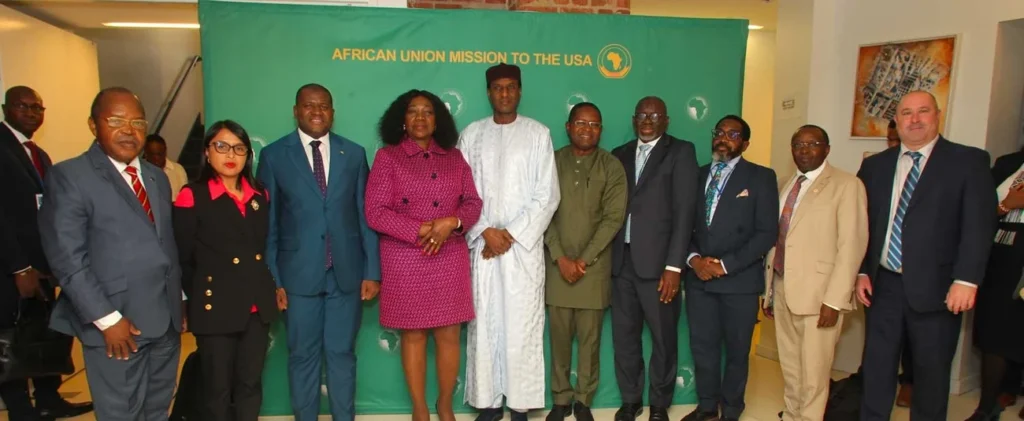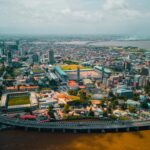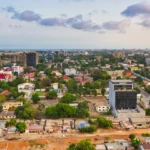As the world prepares for COP30 in Brazil, African leaders are advancing a bold, solutions-driven model to redefine how national wealth is measured, placing natural capital at the centre of economic planning.
At the recent World Bank and IMF Spring Meetings in Washington, DC, the African Union Commission and African Development Bank (AfDB) unveiled a framework urging countries to include ecosystem services like carbon sequestration in national accounts. This shift could unlock billions in green investments and position Africa as a global climate leader.
“Africa’s forests sequester carbon for the world, yet our economies don’t capture that value,” noted Professor Kevin Urama, AfDB’s Chief Economist. “Natural Capital Accounting isn’t just data—it’s a pathway to climate finance and prosperity.”
A 2024 AfDB report shows that valuing carbon stored in forests alone could have boosted Africa’s 2022 GDP by $66.1 billion. Countries like Côte d’Ivoire and Benin could see GDP gains of over 30% if they account for green assets.
Ambassador Hilda Suka-Mafudze of the AU Mission to the US added: “We must invest in national accounting systems to properly reflect our environmental assets. When we know their value, we can leverage them for sustainable development.”
African nations are also being encouraged to adopt the updated 2025 System of National Accounts—many still rely on frameworks dating back to 1968. Madagascar is among the first to launch pilot projects measuring the true worth of its rich ecosystems.
“We’re a rich country, but not rich,” said Madagascar’s Economy Minister, Rindra Rabarinirinarison. “We need capacity building to turn our biodiversity into economic strength.”
The AfDB is working with partners to train statisticians, standardise valuation methods, and support African countries in selling verified environmental credits on global carbon markets.
Nigerien Prime Minister Ali Lamine Zeine summed up the urgency: “Africa is underestimated. If we want the world to value us differently, we must measure differently.”
This solution-oriented model positions Africa not as a victim of climate change but as a provider of vital ecosystem services. It’s a call to redefine GDP, unlock new funding pathways, and shape a future where Africa’s green wealth is seen, measured, and rewarded.










